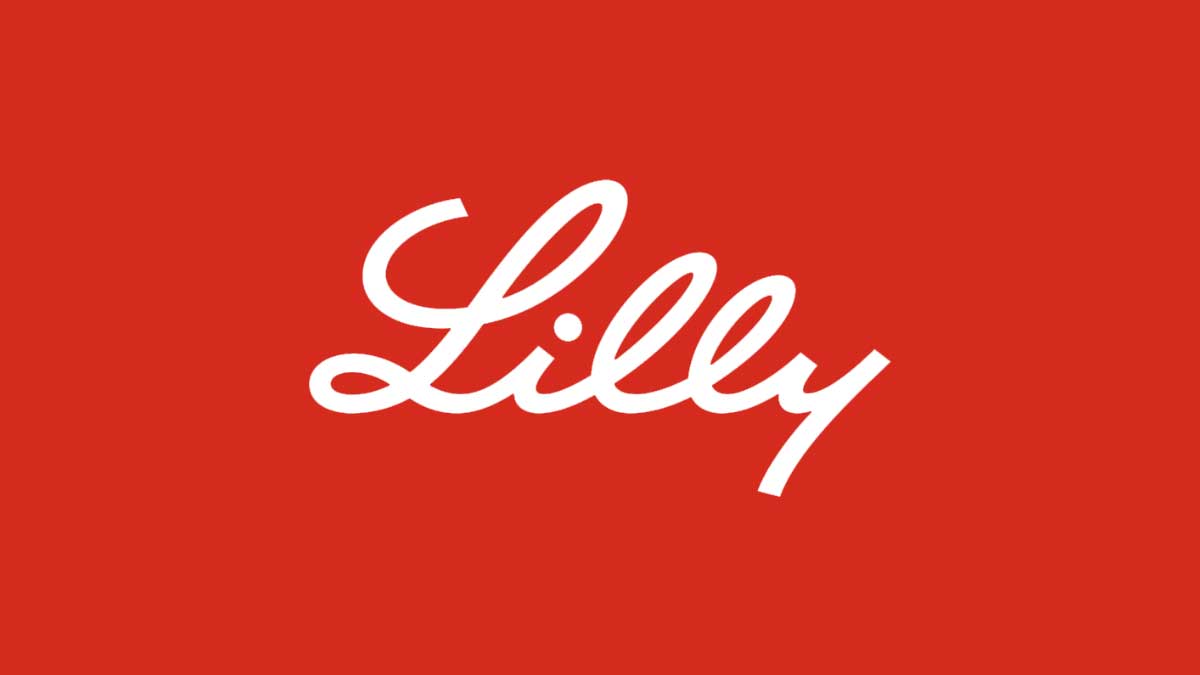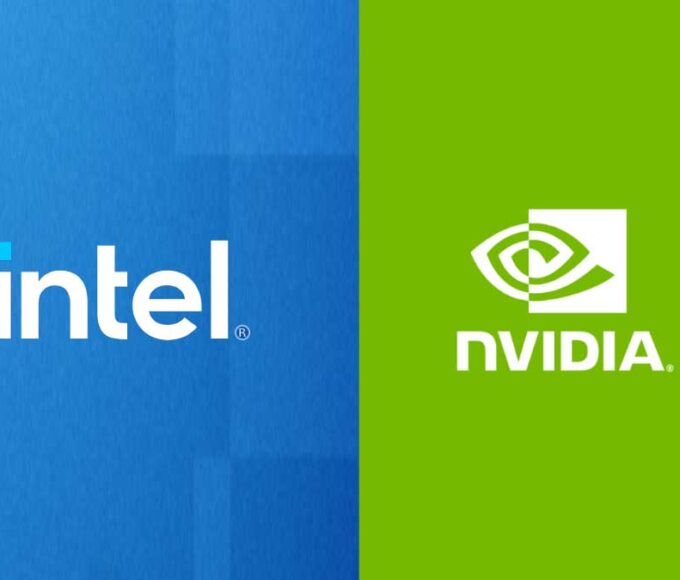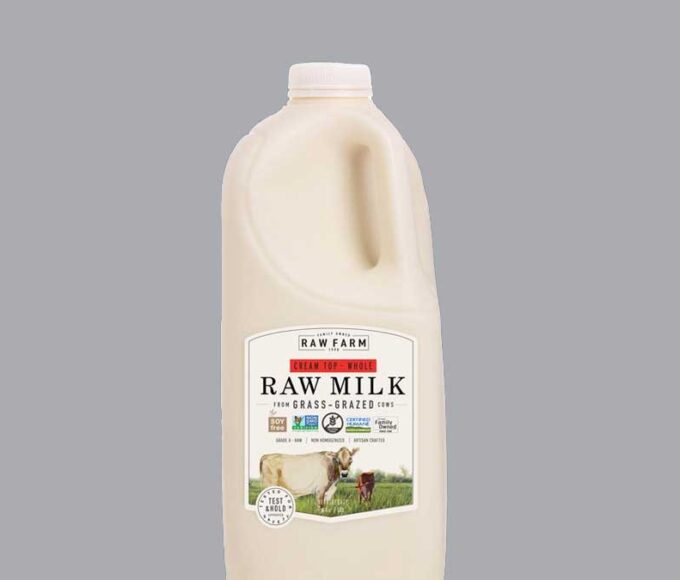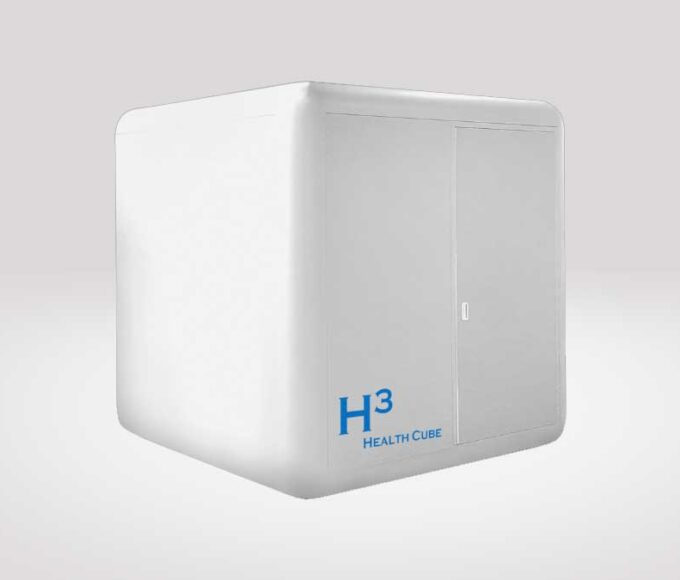- Home
- Billionaires
- Investing Newsletters
- 193CC 1000
- Article Layout 2
- Article Layout 3
- Article Layout 4
- Article Layout 5
- Article Layout 6
- Article Layout 7
- Article Layout 8
- Article Layout 9
- Article Layout 10
- Article Layout 11
- Article Layout 12
- Article Layout 13
- Article Layout 14
- Article Sidebar
- Post Format
- pages
- Archive Layouts
- Post Gallery
- Post Video Background
- Post Review
- Sponsored Post
- Leadership
- Business
- Money
- Small Business
- Innovation
- Shop
Recent Posts
Eli Lilly Cuts Zepbound Price by 50% for Self-Pay Patients

Eli Lilly has unveiled a new program aimed at making its weight-loss drug, Zepbound, more accessible to self-pay patients by offering it at a significant discount. Starting Tuesday, individuals who purchase Zepbound through the company’s direct-to-consumer website can acquire a month’s supply for as little as $399. This represents more than a 50% reduction from the list price typically associated with other incretin-based medications used for obesity.
The program is specifically designed for patients who are either uninsured or have insurance that does not cover weight-loss treatments, such as those provided by Medicare. Additionally, it targets individuals who do not qualify for Eli Lilly’s existing savings card program. The initiative is part of a broader strategy to address the high demand for Zepbound, particularly given the ongoing challenges related to drug shortages.
For those interested in this discounted option, the drug will be available in single-use vials rather than the usual auto-injector pens. These vials must be administered via syringe, a notable difference from the typical method of use. Eli Lilly emphasizes that this adjustment in packaging is intended to enhance availability and ensure that more patients can access the medication at a reduced cost.
Patrik Jonsson, Eli Lilly’s President of Cardiometabolic Health, commented on the new initiative, stating that it is expected to substantially increase the availability of Zepbound in the U.S. This is particularly relevant as the Food and Drug Administration (FDA) has listed tirzepatide, the active ingredient in Zepbound, as being in shortage for much of the year. The new program is seen as a crucial step in alleviating supply issues and meeting the high demand for this weight-loss drug.
Under the new pricing structure, a four-week supply of the 2.5 mg dose will be priced at $399, while the 5 mg dose will cost $549. This represents a substantial decrease from the regular retail price, making the drug more affordable for those who would otherwise struggle to pay the full price out-of-pocket.
The backdrop to this development includes the broader context of weight-loss drugs, which have gained significant traction in recent years. Semaglutide, marketed under the brand names Ozempic and Wegovy, was approved by Novo Nordisk in 2021 and has seen skyrocketing popularity. Zepbound, which uses tirzepatide, entered the market in December and has quickly positioned Eli Lilly as a key player in the competitive weight-loss drug market. Both Eli Lilly and Novo Nordisk have reported dramatic increases in revenue from their respective weight-loss medications, underscoring the growing demand and commercial potential in this segment.
However, the surge in demand for weight-loss drugs has also led to frequent supply issues. Tirzepatide, for instance, has been listed on the FDA’s shortage list since April, and despite being marked as available currently, it remains on the list due to ongoing supply challenges. In response to these shortages, Eli Lilly has announced plans to open a new manufacturing facility in North Carolina by the end of the year to ramp up production and better meet market needs.
This issue of supply constraints is not unique to Eli Lilly. Novo Nordisk faced similar problems last year, necessitating limits on the supply of Wegovy to existing patients. Additionally, Lilly’s other weight-loss drug, Mounjaro, which contains the same active ingredient as Zepbound but has not yet received FDA approval for weight loss, has also experienced availability issues.
In summary, Eli Lilly’s new discount program for Zepbound is a strategic move to address accessibility issues and meet the high demand for its weight-loss drug. By offering a reduced price for self-pay patients and adjusting the drug’s packaging to single-use vials, Eli Lilly aims to make Zepbound more accessible and alleviate some of the supply constraints that have impacted the availability of weight-loss medications in recent months.
Recent Posts
Categories
- 193cc Digital Assets2
- 5G1
- Aerospace & Defense46
- AI37
- Arts3
- Banking & Insurance11
- Big Data3
- Billionaires446
- Boats & Planes1
- Business328
- Careers13
- Cars & Bikes76
- CEO Network1
- CFO Network17
- CHRO Network1
- CIO Network1
- Cloud10
- CMO Network18
- Commercial Real Estate7
- Consultant1
- Consumer Tech180
- CxO1
- Cybersecurity68
- Dining1
- Diversity, Equity & Inclusion4
- Education7
- Energy8
- Enterprise Tech29
- Events11
- Fintech1
- Food & Drink2
- Franchises1
- Freelance1
- Future Of Work2
- Games141
- GIG1
- Healthcare78
- Hollywood & Entertainment186
- Houses1
- Innovation42
- Investing2
- Investing Newsletters4
- Leadership65
- Lifestyle11
- Manufacturing1
- Markets20
- Media193
- Mobile phone1
- Money13
- Personal Finance2
- Policy567
- Real Estate1
- Research6
- Retail1
- Retirement1
- Small Business1
- SportsMoney33
- Style & Beauty1
- Success Income1
- Taxes2
- Travel10
- Uncategorized8
- Vices1
- Watches & Jewelry2
- world's billionaires415
Related Articles
What Healthcare Can Learn from Nvidia’s Success
The tech industry is undergoing a seismic transformation, with two of its...
By 193cc Agency CouncilDecember 16, 2024Salmonella Triggers Recalls of Costco Eggs and Cucumbers
The recent salmonella outbreak has prompted the recall of two major food...
By 193cc Agency CouncilNovember 30, 2024Bird Flu Found in Raw Milk in California, Recall Issued
California health authorities have confirmed the presence of the bird flu virus...
By 193cc Agency CouncilNovember 25, 2024UniDoc Health Launches Mobile ‘Health Cube’ for Remote Care
UniDoc Health, a Vancouver-based company, is revolutionizing healthcare accessibility with the launch...
By 193cc Agency CouncilNovember 23, 2024















Leave a comment